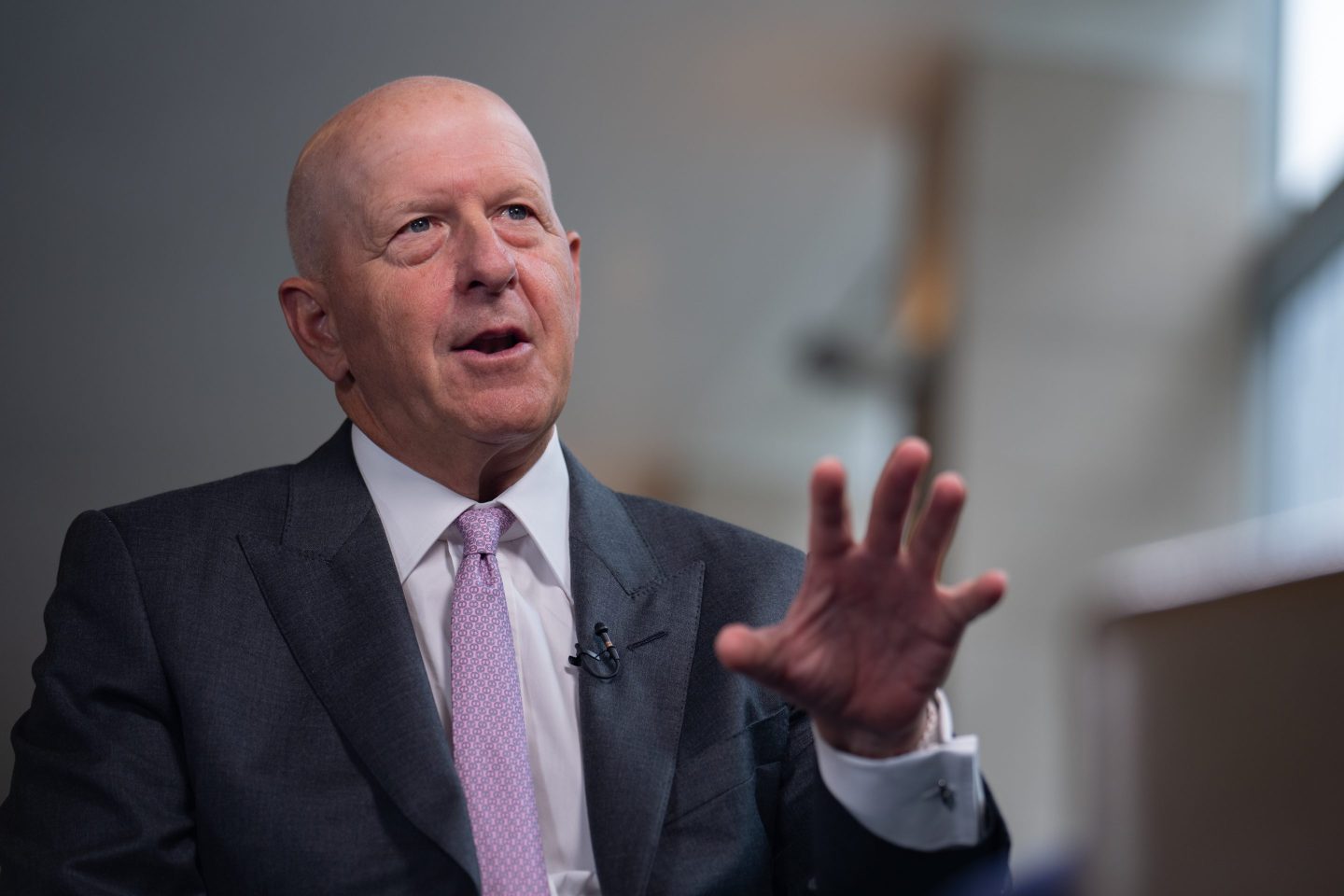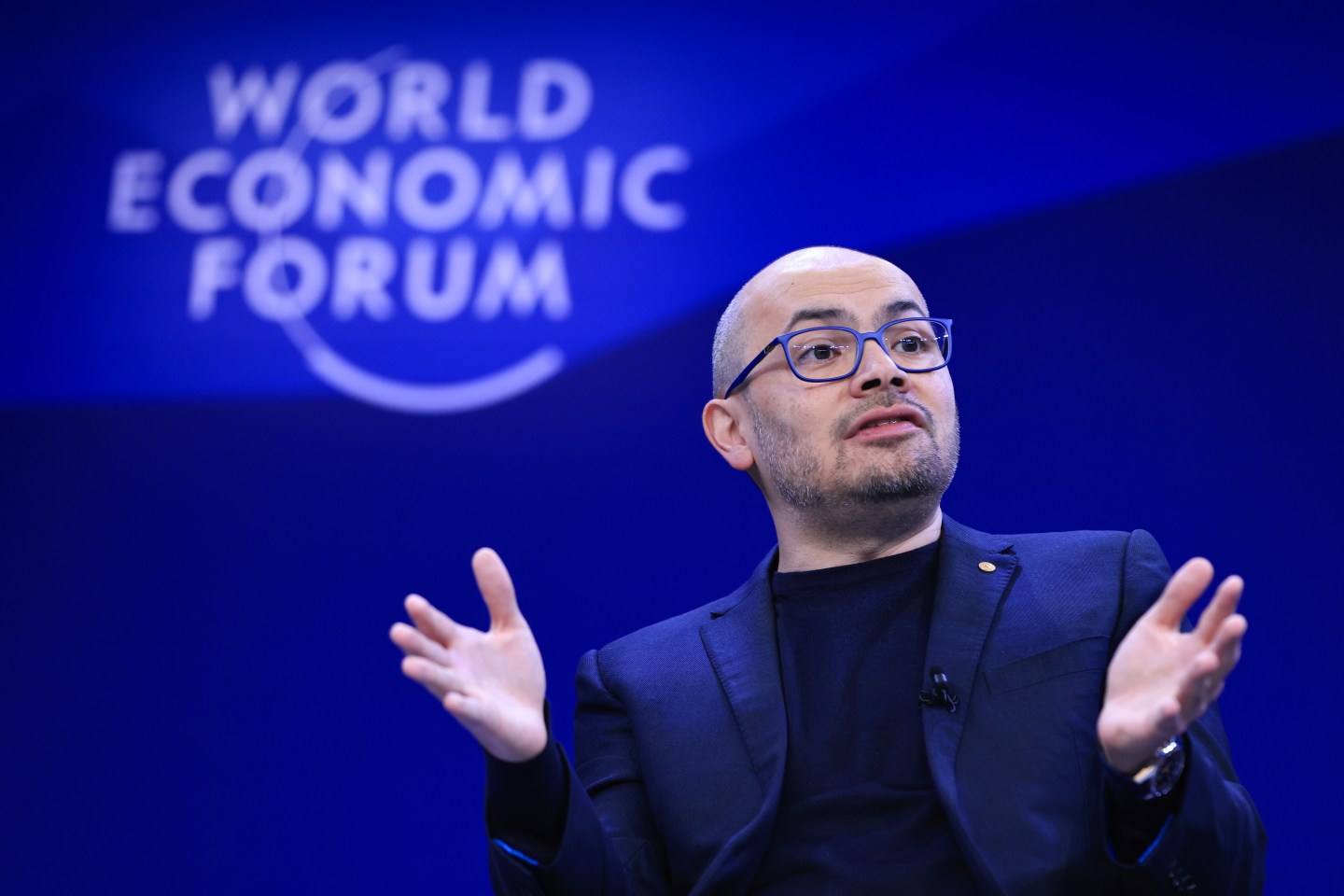One of the world’s global powerhouses announced what could be a big win for the AI economy.
In a blog post, Microsoft said its AI diagnostic tool—the Microsoft AI Diagnostic Orchestrator (MAI-DxO), which simulates a panel of physicians and is trained using the standard Medical Licensing Examination—diagnosed cases four times as accurately as physicians after both parties were able to ask questions, order tests, and, eventually, finalize a diagnosis.
In the post—written by Harsha Nori, head of AI at Microsoft AI Health, and Dominic King, VP of Health at Microsoft AI—the company claimed its AI diagnosed 85% of over 300 real-world cases correctly, and that the model’s process “gets to the correct diagnosis more cost-effectively than physicians.”
Microsoft claims MAI-DxO “can blend both breadth and depth of expertise, demonstrating clinical reasoning capabilities that, across many aspects of clinical reasoning, exceed those of any individual physician.”
The rise of Dr. AI
AI is already rapidly evolving across the health care ecosystem. According to Microsoft, over 50 million health-related sessions occur daily using Microsoft’s AI consumer products. “From a first-time knee-pain query to a late-night search for an urgent-care clinic, search engines and AI companions are quickly becoming the new front line in healthcare,” the blog post said.
Beyond being a sounding board for health questions, AI is also expanding into physical clinics. With staffing shortages, long wait times, and a total of $5 trillion in annual health care expenditures, the industry is ripe for technological advancements.
In diagnostics, a separate study found couples in distress can derive similar mental-health benefits from AI therapy as they can from human therapists. However, there is still hesitancy about how the AI will be implemented, the accumulation of sensitive data, and, of course, the future of the doctor.
Nearly half of U.S. Patients (48%) and 63% of clinicians are optimistic that AI can improve health outcomes, according to research from the 2025 Philips Future Health Index (FHI). It’s undeniable that minding this gap and building optimism among consumers, particularly those who may not trust traditional health care, is key to building and scaling new technological solutions.
“Breakthroughs need trust for real-world impact,” Dominic King, who co-wrote the blog post, told Coins2Day in a statement. “That’s why we’re committed to earning the trust of health care professionals and patients through rigorous safety testing, clinical validation, and regulatory reviews.”
Microsoft said it views the technology as a “complement to doctors and other health professionals” and emphasized doctors’ ability “to navigate ambiguity and build trust with patients and their families” is not something AI can replicate.
“Doctors aren’t going anywhere. AI will help them arrive at diagnoses and effective care plans faster, but it can’t replace the human connection and understanding patients’ needs,” King said.
The team at Microsoft noted the limitations of this research. For one, the physicians in the study had between five and 20 years of experience, but were unable to use textbooks, coworkers, or—ironically—generative AI for their answers. It could have limited their performance, as these resources may typically be available during a complex medical situation. Moreover, the doctors and AI analyzed only complex cases and not everyday ones.
“Important challenges remain before generative AI can be safely and responsibly deployed across healthcare,” the team wrote. “We need evidence drawn from real clinical environments, alongside appropriate governance and regulatory frameworks to ensure reliability, safety, and efficacy.”












